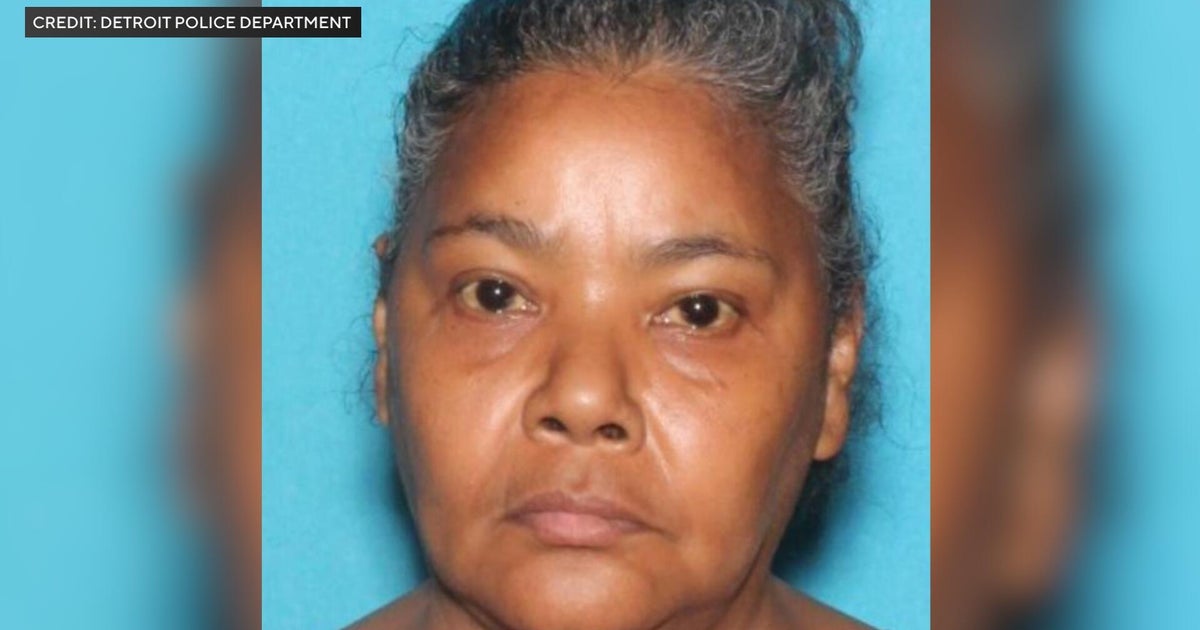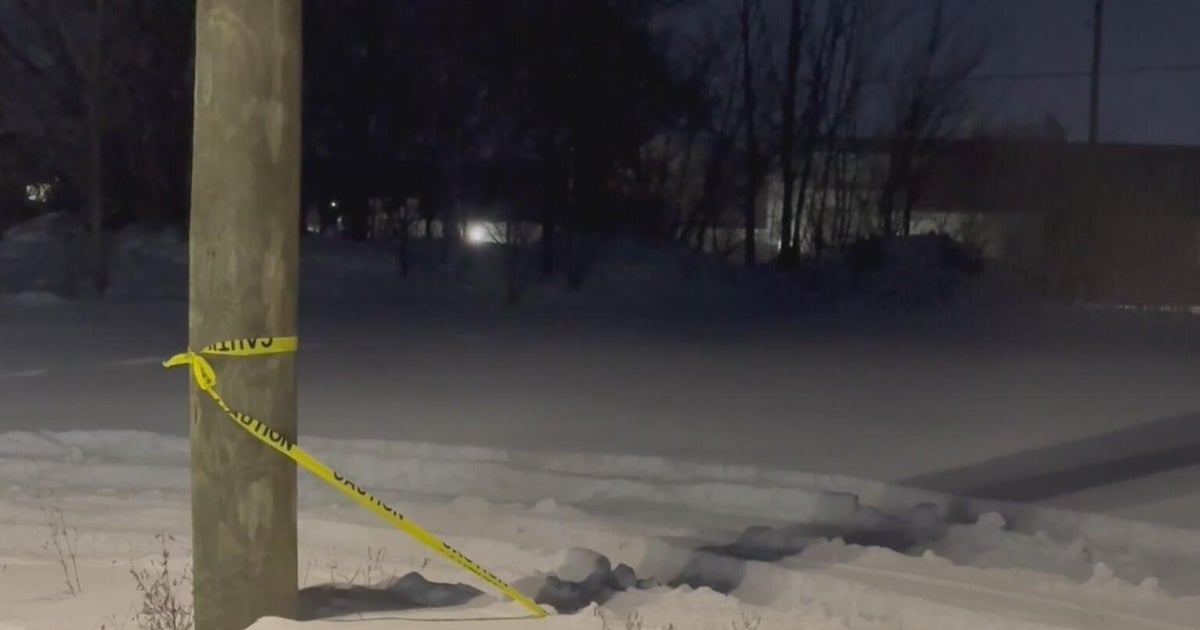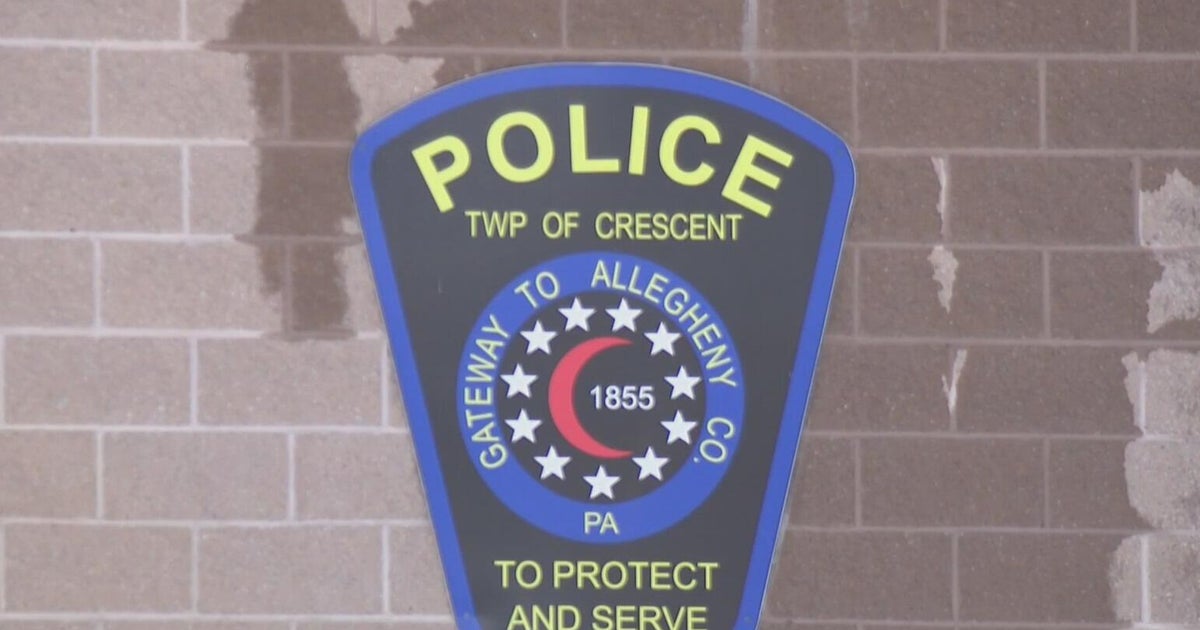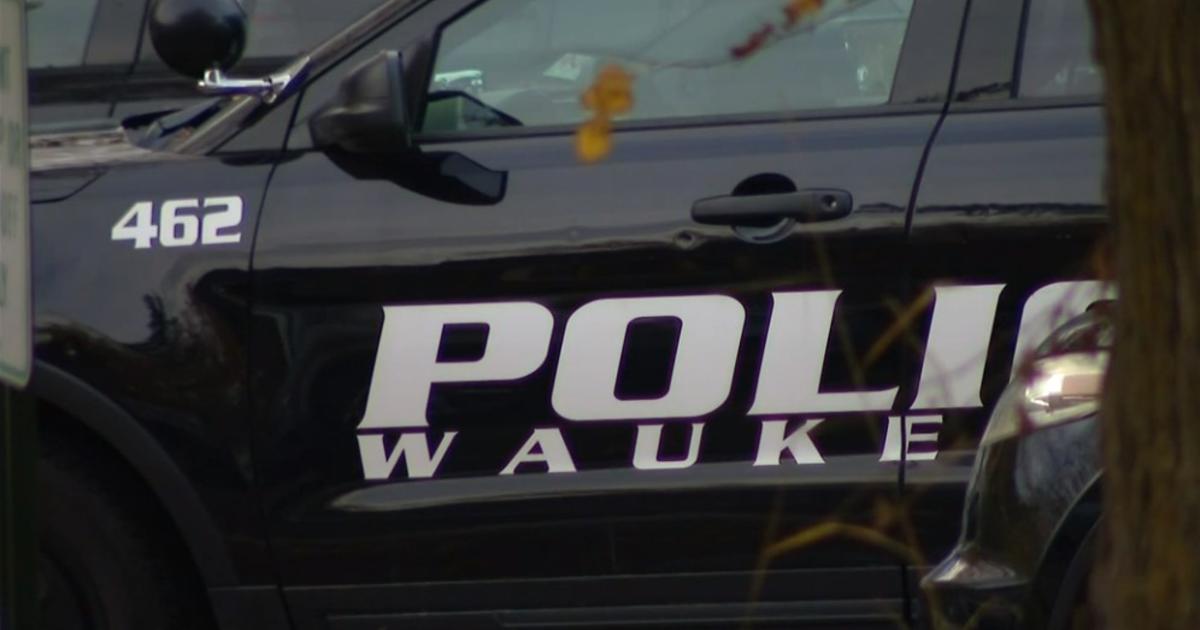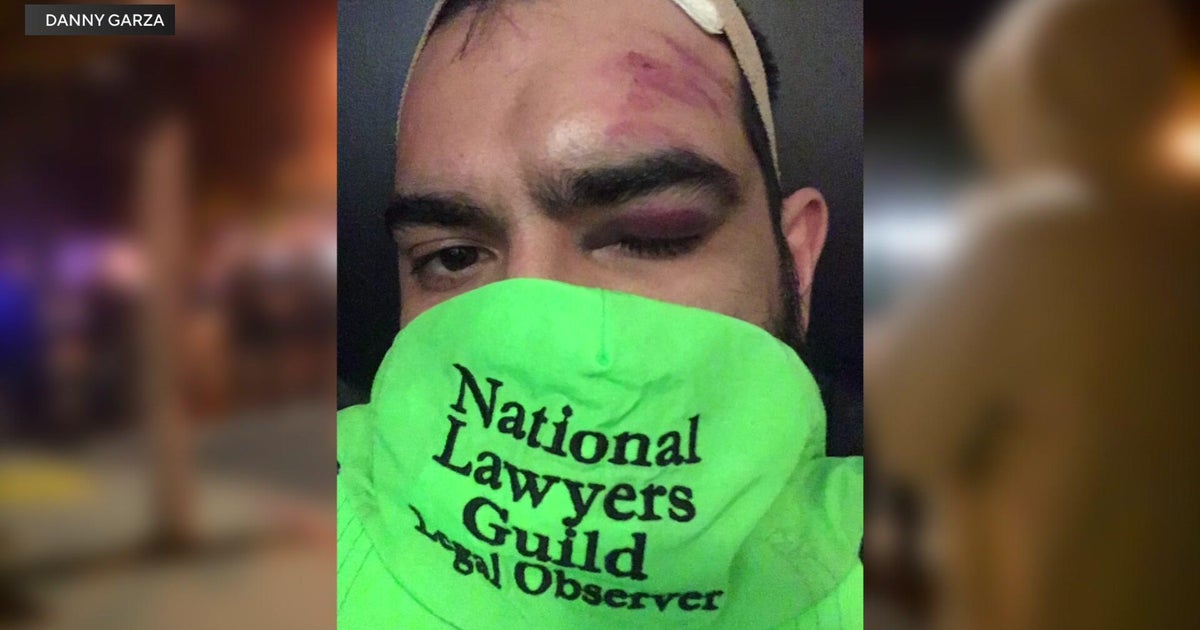Orr: Detroit's Public Services Already Improving
DETROIT (AP) - Public lighting, clearing blighted structures and other once-faltering services already have improved despite Detroit's dive into bankruptcy, emergency manager Kevyn Orr told The Associated Press.
Orr said during Thursday's interview that 26,000 lights have been added or fixed, police are responding more quickly to 911 calls and efforts to tear down vacant houses have stepped up.
Appointed by the governor last spring to fix Detroit's finances, Orr maintains that improving the quality of life for the city's 700,000 residents remains a major priority. But it won't be done all at once - some changes will happen before he finishes in Detroit by next fall, while other changes may take up to three years.
"The average resident thinks that's nice if they're in the neighborhood that gets the lights," Orr said. "They think it's great if the blighted house they've been living with for 30 years is the one that goes down.
"The question is will all residents see that change on any time within the next nine months? The probability is not everybody will see the changes everywhere."
Public works is one of the many things involved in the city's bankruptcy, which Judge Steven Rhodes decided could go through on Dec. 3.
Rhodes also said Detroit can cut pensions, overriding a provision in the Michigan Constitution - the most significant decision since the historic filing last July and one that adds urgency to the process. The ruling also gives Orr's team the upper hand as they try to strike deals with Wall Street bond holders, pension funds and unions.
The pensions of 23,000 retirees won't be immune to cuts despite a private effort to raise $500 million to help the city eventually emerge from bankruptcy, he said.
Orr said he "absolutely" supports a campaign to tap foundations and wealthy people to prevent the possible sale of city-owned art at the Detroit Institute of Arts and preserve pensions but warned that the "expectations of the retiree community should be sober."
"Let's face it: having $500 million is better than not having $500 million," Orr said. "If we can find a way to allocate that to pensions - the other creditors might have something to say about that. ... That's a big, big help, but even that amount isn't going to solve the problem."
Orr said he hasn't noticed any change at the bargaining table since Rhodes' decision. He wants to file a remedy for $18 billion in long-term debt by early January, including $3.5 billion in two underfunded pension funds.
"We're running out of time even now. ... I can't really say that the creditors' tone has changed in any fashion," Orr said. "They're in very hard positions. There's no money."
Orr declined to say whether the pensions of firefighters and police officers should be treated differently in bankruptcy than the pensions of other rank-and-file retirees. The public safety pension fund is in better shape, and its beneficiaries typically get more. He said he has an opinion but considers the issue "too sensitive" to share publicly.
A safe, clean city could stop the flow of people leaving Detroit and even attract some to move in. The population has fallen to 700,000 from 1.8 million in the 1950s.
"There's never going to be a whole bunch of new money," Orr said. "There's always going to be needs for the city that exceed the level of money we have. ... If it takes somewhere in the neighborhood of two to three years to deal with it all that's a pretty good deal.
"And if we can demonstrate what it's going to look like in the first nine months, that's pretty significant."
© Copyright 2013 The Associated Press. All Rights Reserved. This material may not be published, broadcast, rewritten or redistributed.
